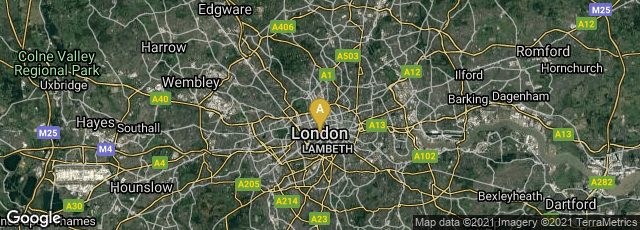This photograph of Brougham, presumably with a grandson, is signed Bayall and dated June 1861 on the base of the column within the image.


A: London, England, United Kingdom
In November 1826 Henry Brougham and a large Committee of fellow educational reformers, many of them Whig or radical MPs and lawyers, founded the Society for the Diffusion of Useful Knowledge (SDUK) in order to educate the widest range of readers. The purpose of the SDUK was to exploit the new high speed printing technology, and the anticipated growth of railroads, to publish cheap, informative works, and distribute them widely and rapidly. The founders agreed that the Society's publications would avoid party politics and religion in order to avoid controversy and appeal to the widest audiences. Though the SDUK hoped to bring education to the lowest classes of society, and the growing middle class, they found that the primary market for their teaching and publications was the English middle class.
1827 Brougham launched the SDUK's Library of Useful Knowledge with an introductory treatise promoting science: A Discourse of the Objects, Advantages, and Pleasures of Science, published in 1827 and reaching a sale of 42,000 by 1833. The pamphlet offered a brief survey of mathematics, natural philosophy, the solar system, electricity, and the workings of the steam engine. It was followed by a statement of the aims of the SDUK and its initial publishing program. The Society defined itself as follows:
"The object of the Society is strictly limited to what its title imports, namely, the imparting of useful information to all classes of the community, particularly to such as are unable to available themselves of experience teachers, or may prefer learning by themselves.
"The plan proposed for the attainment of this object, is the periodical publication of Treatises, under the direction and with the sanction of a superintending Committee.
"As numerous Societies already exist for the dissemination of Religious Instruction, and as it is the object of this Society to aid the progress of those branches of general knowledge which can be diffused among all classes of the community, no Treatise published with the sanction of the Committee shall contain any matter of Controversial Divinity, or interfere with the principles of revealed Religion."